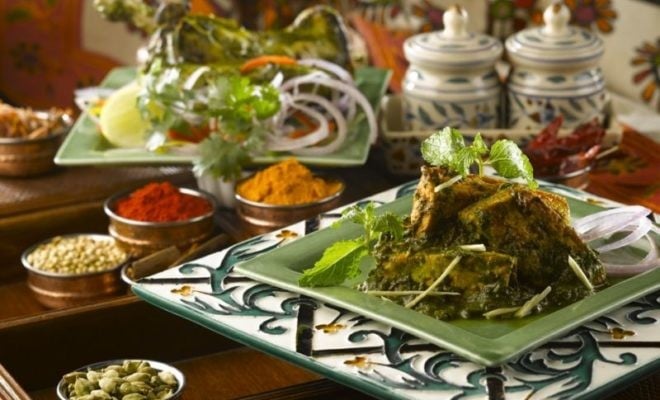
Can an obsession with dieting and fitness actually help us lead longer lives?

Epicurean, it’s a word to conjure up images of boozy evenings and unbridled fun, a life of debauchery and pleasure-seeking without any responsibility. It’s a lazy philosophy to outrage many a self-righteous hard worker, firm in the moral superiority of his unshakeable work ethic.
Epicureanism, on the surface, does seem like a vulgar pursuit of self-indulgence, but at its core it is a rejection of the prison of everyday affairs and the politics of the naked pursuit of fame and wealth.
Around 307 BC the Greek philosopher, Epicurus, along with a band of like-minded mates, dropped out of the Athenian life by distancing themselves from the commercial world of Athens. In a commune outside the city they lived out the three core principles of their philosophy: friendship, freedom and leading an examined life. Their basic objective was to minimise pain, for that they thought was the key to a happy life.
A couple of millennia later, Epicurean ideals are still in circulation, particularly as a response to the regimented lifestyles and Sisyphean work cycles of capitalist societies. Tom Hodgkinson’s The Idler is one such example, a magazine that celebrates the art of doing nothing with panache, reflected in its subtitle -- ‘Literature for loafers’.
The Idler’s website describes its founder’s eureka moment this way: "Back in 1991, bored to tears by his job, 23-year-old journalist Tom Hodgkinson lay on his bed and dreamed of starting a magazine called The Idler. He’d found the title in a collection of essays by Dr Johnson, himself a constitutionally indolent man. How to live, that was the question. How to be free in a world of jobs and debt? And curse this alarm clock."
Read also: A measure of fitness
The same questions rear their head in a world of Wall-Street executives, Silicon Valley entrepreneurs, supermoms and 42-day challenges. Who are you if you don’t earn a six-figure salary? What are you if not thin and fit? Fitness obsessions, of course, have the virtue of coming wrapped in morally upright ideals like discipline and better health, but few people refusing fried chicken or ice cream do so out of a concern for health.
The other side of ‘productivity’ is image, and much of the diet and fitness industry thrives on people’s anxieties about the way they look and are perceived. Can an obsession with dieting and fitness actually help us lead longer lives? There is much research that says yes, but nutrition sciences are notorious for nixing old research and constantly switching the goal post on what food is considered good or bad.
In some ways, our unenlightened mothers belonged to a less stressed generation of women. Once they got married, they achieved everything they were born to achieve, and could subsequently allow themselves to bloat to their heart’s content. Nobody expected them to earn a six-figure salary while bouncing a baby on their left arm, all the while looking a million dollars. That had its own pitfalls, of course, but there is virtue in not having to weigh your self-esteem on the scale in your bathroom.
For the longest time, eggs were considered bad for health. Now we have been told since a few years, that in fact, they aren’t, and that all these decades we deprived ourselves of those sumptuous omelettes came to nought. Dairy has also become equally confusing. Apparently milk is no longer the one-stop cure for everything that ails a body, something firmly entrenched in the psyches of desi kids. At least this new development means the reason for my being vertically challenged doesn’t have to do with my aversion to dairy.
I can finally forgive my childhood self for surreptitiously pouring those glasses of milk down the drain. But if nutrition experts are as whimsical as they appear to be and 50 years after our deaths French fries and sausages will be all the rage, why deprive ourselves of them today?
Many dietary experts haven’t gone on to live very long. Euell Gibbons thrived on finding and consuming wild greens, nuts, honey, and seeds. His books provide recipes for casseroles, muffins, salads, and more, all from ingredients found in the wild. He died in 1975 at the age of 64 because of a ruptured aortic aneurysm, but there was plenty of buzz saying that he had poisoned himself while living off of the land.
Then there is the famous story of the ultimate fad diet guru, Robert Atkins. Atkins who died from a history of serious heart problems, including myocardial infarction (a heart attack), congestive heart failure, and hypertension.
Epicurus, back in 307 BC was on to something. Sit back, relax and allow yourself to partake of the simple pleasures of life (or in Epicurean terms, eat drink and be merry), for it is hard to say when it will all be taken away from us.